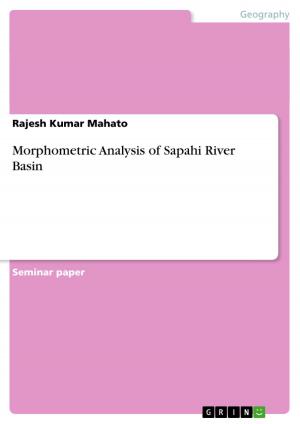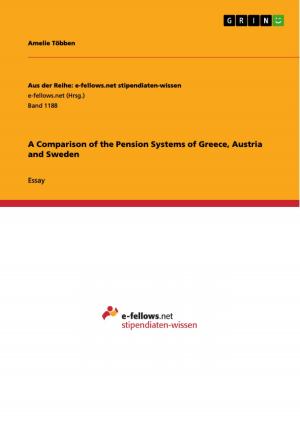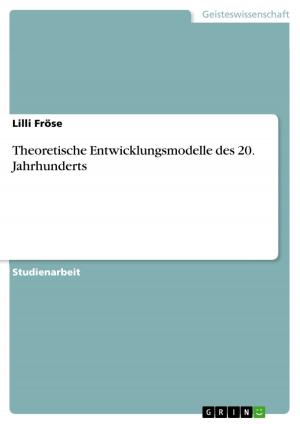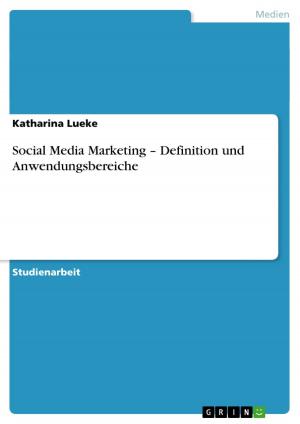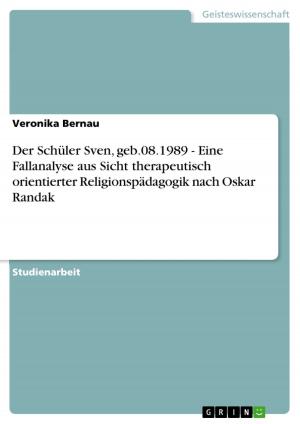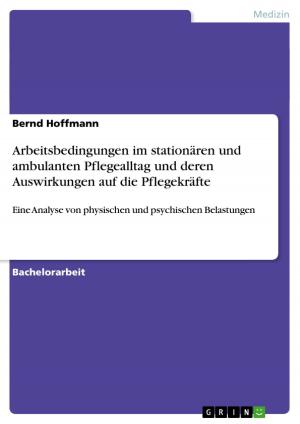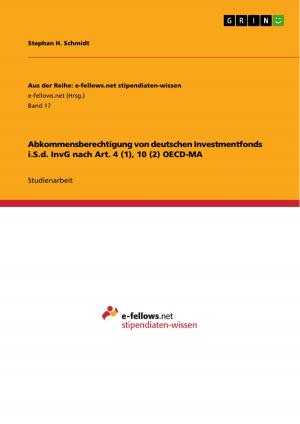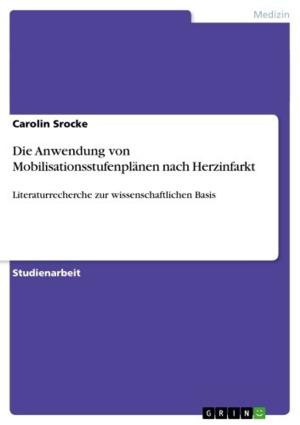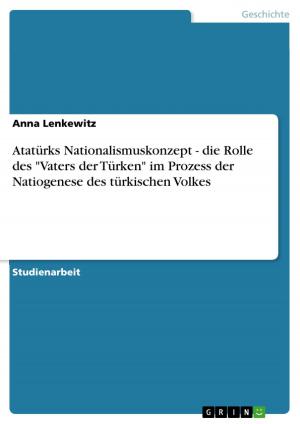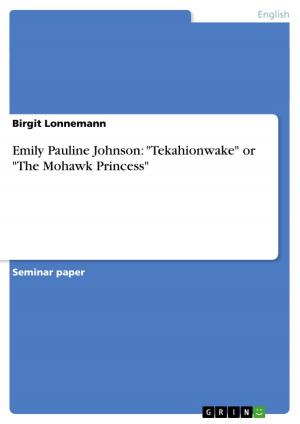Impacts of Climate Change on World Security. Policy Response to Global Climate Change and Role of Soft Power in the EU and China
Nonfiction, Science & Nature, Science, Biological Sciences, Environmental Science| Author: | Sang-Min Han | ISBN: | 9783668626362 |
| Publisher: | GRIN Verlag | Publication: | January 30, 2018 |
| Imprint: | GRIN Verlag | Language: | English |
| Author: | Sang-Min Han |
| ISBN: | 9783668626362 |
| Publisher: | GRIN Verlag |
| Publication: | January 30, 2018 |
| Imprint: | GRIN Verlag |
| Language: | English |
Master's Thesis from the year 2010 in the subject Politics - International Politics - Environmental Policy, grade: 2,6, Free University of Berlin (Otto-Suhr Institute for Political Science (OSI)), language: English, abstract: Global climate change has become one of the greatest challenges of our times. The UN has started to tackle this global challenge as a security issue. Respecting the initiative and role of the UN, the EU has played a strong leadership role for global climate change by proactively setting international agendas, implementing emissions reductions, and helping poor countries adapt to climate change. Clearly, it has responded more actively to global climate change than any other countries in the world. Although China, the world's largest emitter of greenhouse gases, is now seeking to take climate change leadership, its policy response is still limited compared to the EU. This thesis aims to examine which factors make the EU take more active climate change policy. It will find out why a country's soft power is the main determinant to enable the country to respond more actively to global climate change. For the research, we will look into the following four factors: vulnerability to impacts of climate change on security; understanding of global climate change (as a source of soft power); economic power (as a source of hard power); and democracy in politics and society (as a source of soft power).
Master's Thesis from the year 2010 in the subject Politics - International Politics - Environmental Policy, grade: 2,6, Free University of Berlin (Otto-Suhr Institute for Political Science (OSI)), language: English, abstract: Global climate change has become one of the greatest challenges of our times. The UN has started to tackle this global challenge as a security issue. Respecting the initiative and role of the UN, the EU has played a strong leadership role for global climate change by proactively setting international agendas, implementing emissions reductions, and helping poor countries adapt to climate change. Clearly, it has responded more actively to global climate change than any other countries in the world. Although China, the world's largest emitter of greenhouse gases, is now seeking to take climate change leadership, its policy response is still limited compared to the EU. This thesis aims to examine which factors make the EU take more active climate change policy. It will find out why a country's soft power is the main determinant to enable the country to respond more actively to global climate change. For the research, we will look into the following four factors: vulnerability to impacts of climate change on security; understanding of global climate change (as a source of soft power); economic power (as a source of hard power); and democracy in politics and society (as a source of soft power).

